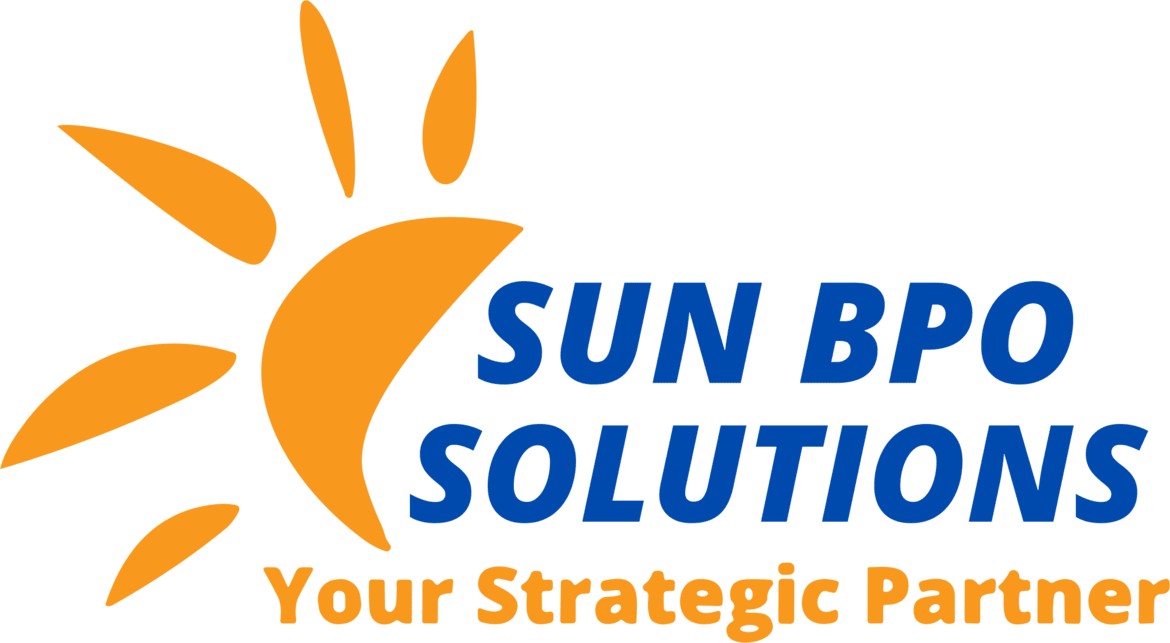Table of Contents
Efficient property management is essential to optimizing profits and guaranteeing tenant contentment. Owners of real estate frequently have to decide between virtual and traditional property management. This article examines both strategies to assist you in choosing the one that best suits your particular requirements.
Understanding Traditional Property Management
Traditional property management entails physical property oversight and direct tenant interaction by property managers on-site.
Key Characteristics
- On-site Presence: Property managers are physically present at the property.
- Face-to-face interactions: Regular in-person communication with tenants.
- Physical Inspections: Regular checks of the property to ensure maintenance and compliance.
Advantages
- Personal Touch: Establishing solid bonds with tenants promotes contentment and trust.
- Immediate Response: Quick resolution of property issues due to physical presence.
- Local Expertise: In-depth knowledge of the local market and regulations.
Disadvantages
- Higher Costs: Increased expenses from staffing, office space, and operational costs.
- Limited Scalability: Managing multiple properties can be challenging and time-consuming.
- Time-Consuming Processes: Daily operations may require significant time investment.
Exploring Virtual Property Management
Virtual property management uses technology and software to manage properties remotely, allowing for efficient communication and operations without a physical presence.

Key Characteristics
- Technology Use: Property management software and cloud-based platforms expedite procedures.
- Remote Communication: Management occurs through phone calls, emails, and video calls.
- Online Reporting: Real-time data analytics and reporting are accessible from anywhere.
Advantages
- Cost Efficiency: Lower overhead costs compared to traditional management.
- Flexibility: Easily scalable to manage multiple properties simultaneously.
- 24/7 Accessibility: Tenants and owners can access services anytime, improving responsiveness.
Disadvantages
- Lack of Personal Touch: Remote communication may hinder relationship-building with tenants.
- Dependence on Technology: Potential technical issues can disrupt management processes.
- Communication Barriers: Miscommunication can arise due to a lack of face-to-face interaction.
Comparing the Two Approaches
Cost Analysis
- Traditional Management: Higher initial and ongoing expenses due to staffing and physical operations.
- Virtual Management: Lower costs lead to better ROI, particularly for owners with multiple properties.
Tenant Experience
- Traditional Management: High interaction but may be slow in the manner in which they deliver their services.
- Virtual Management: Faster service with availability of round-the-clock support, but human feel or touch could be downloaded.
Management Efficiency
- Traditional Management: This means that many issues that require people’s time may take long before being resolved.
- Virtual Management: Integrated systems provide improved productivity so that the organization is better suited to measure its performance.
Factors to Consider When Choosing
- Property Type: An individual may need physical interaction with his/her property say for residential use but a commercial property may be well managed virtually.
- Location and Market Conditions: This paper postulates that local market understanding may impact property management choices.
- Personal Preferences: Think of how involved you are with management and your level of comfort with technology.
- Budget and Financial Goals: The presented plan can be coupled with either a participatory or autocratic approach to budget management, depending on the financial goals.
Case Studies or Testimonials
- Example 1:Traditional management provided a positive experience because of favorable tenant connections and reduced voids for a residential property owner.
- Example 2: Virtual management was chosen by a commercial property owner who managed to save a large amount of money and improve operations, enlarging their portfolio.
Conclusion
The one you are going to choose between traditional and virtual property management will depend on your needs and circumstances. All these factors when put into consideration regarding tastes, financial capabilities, and types of property owned would help in making the right decision.
For personalized property management solutions, consult with Sun BPO Solutions to explore how we can help you achieve your property management goals efficiently.





0 Comments